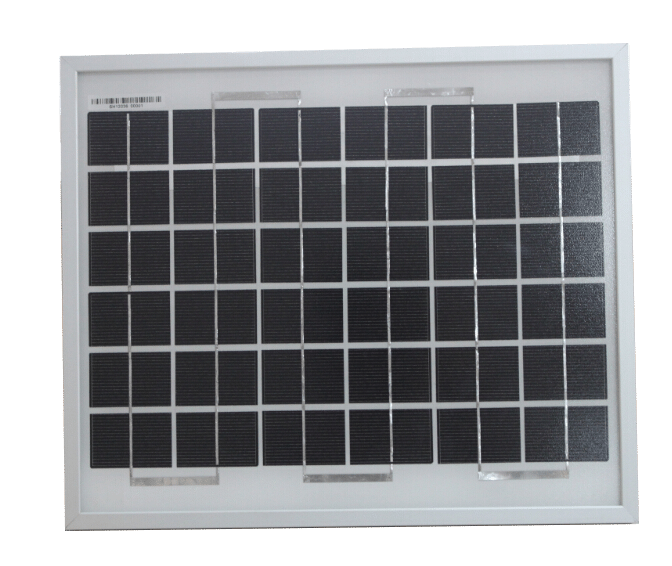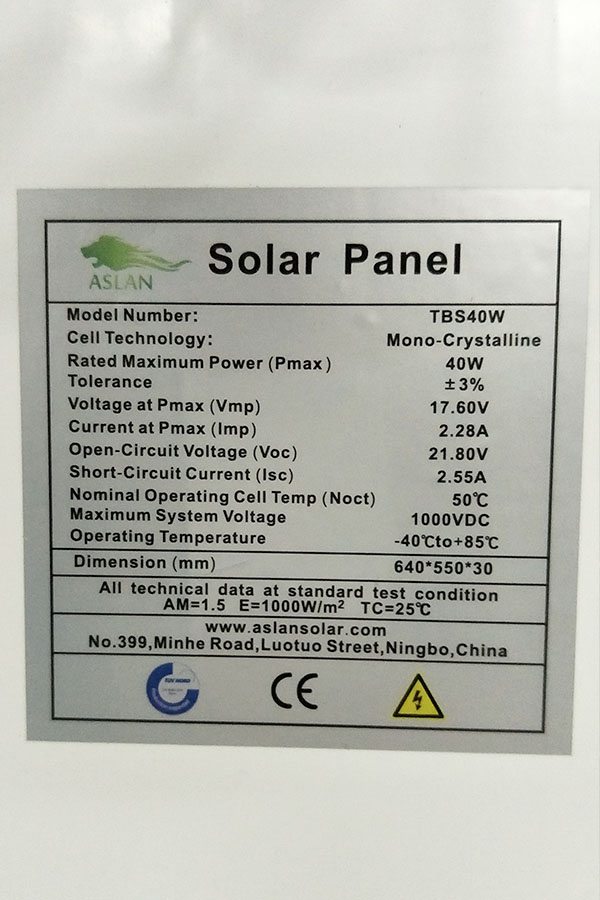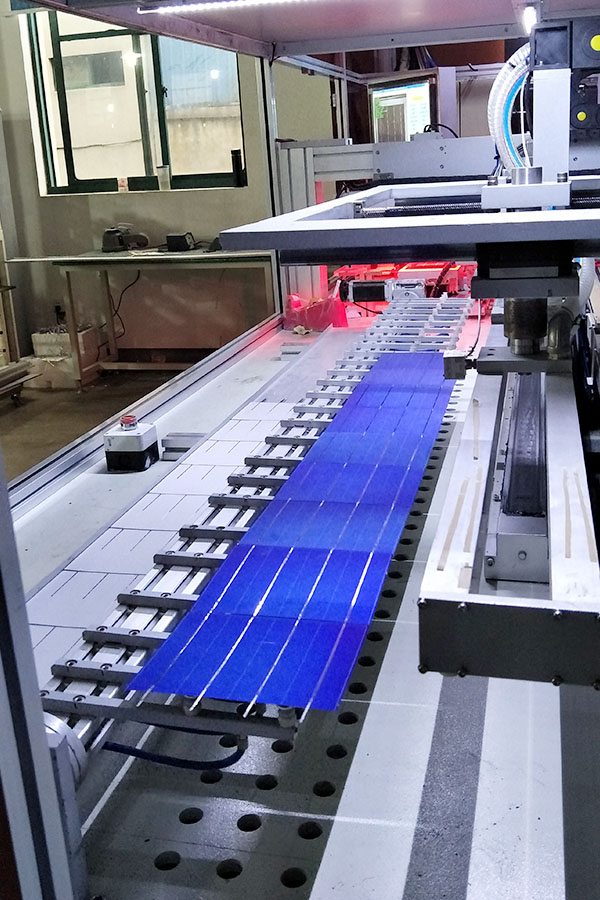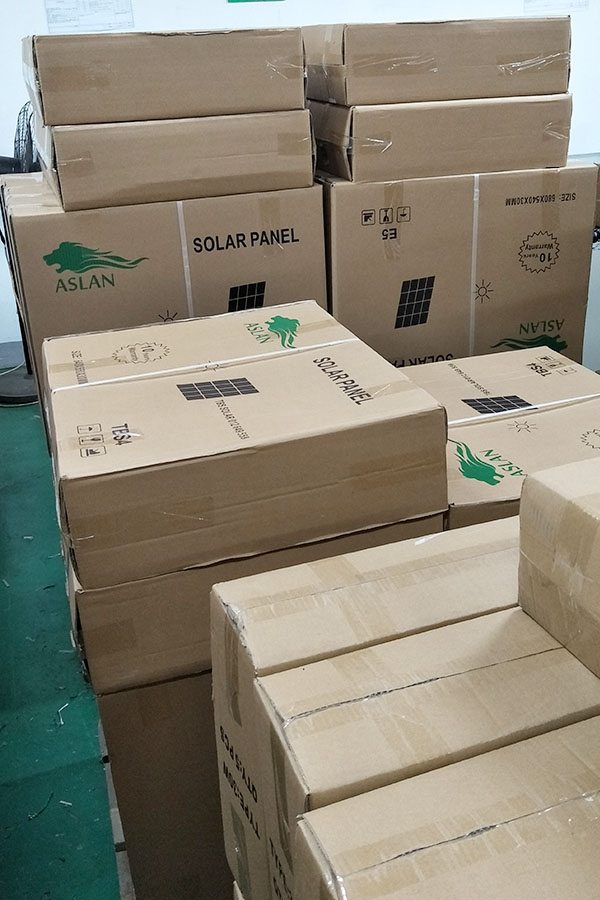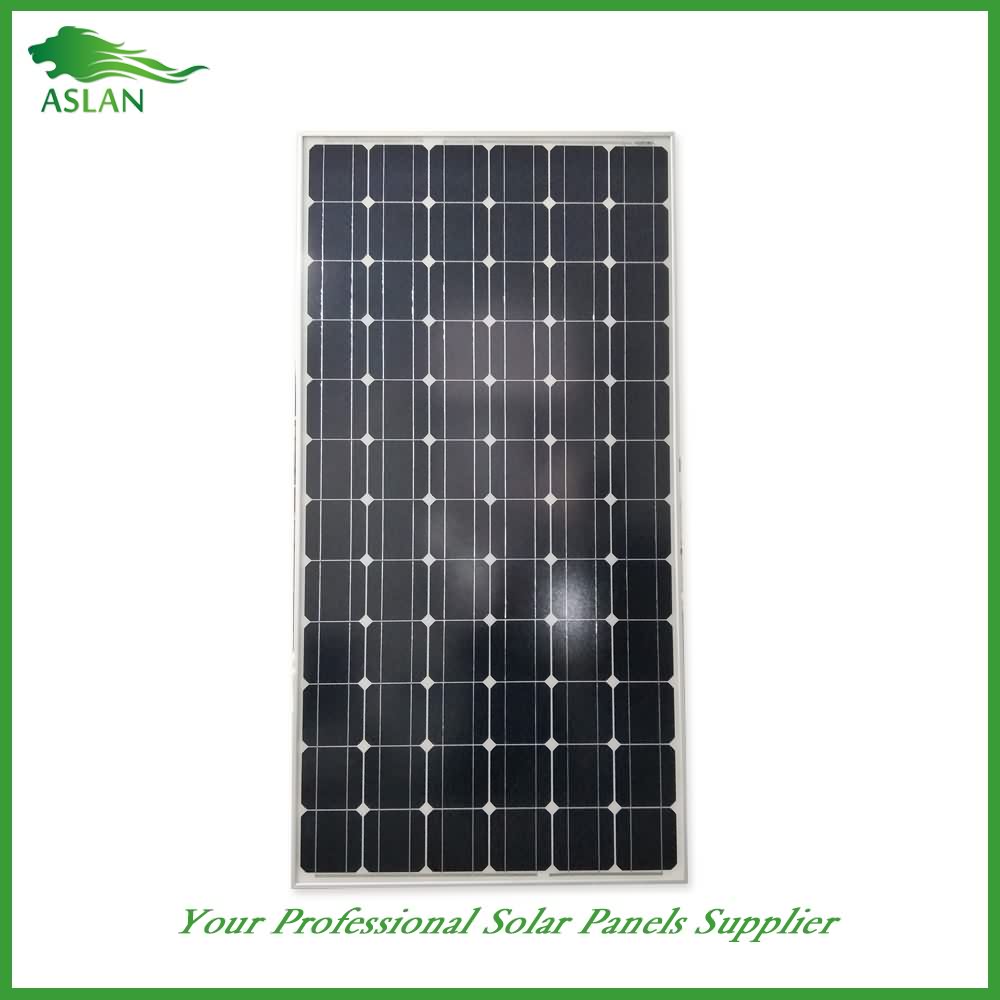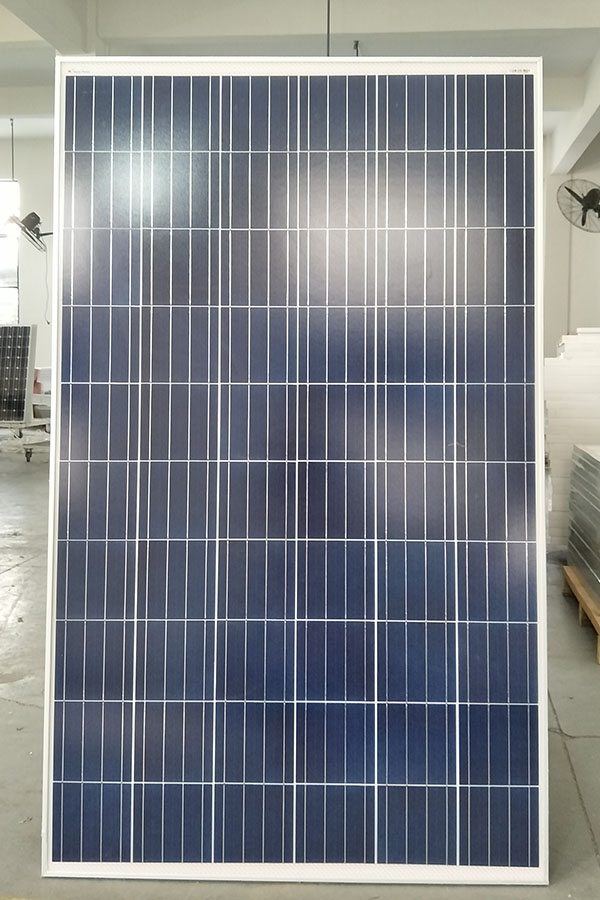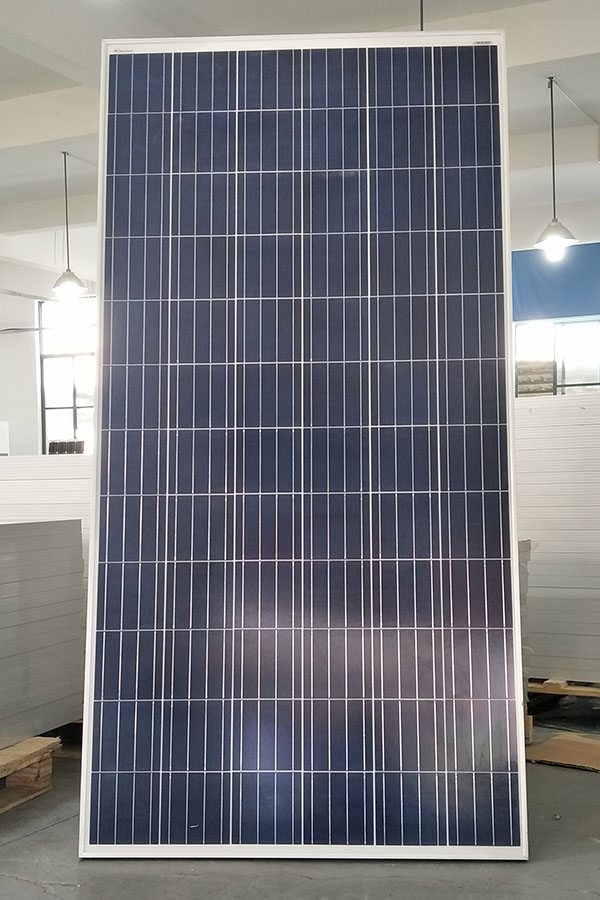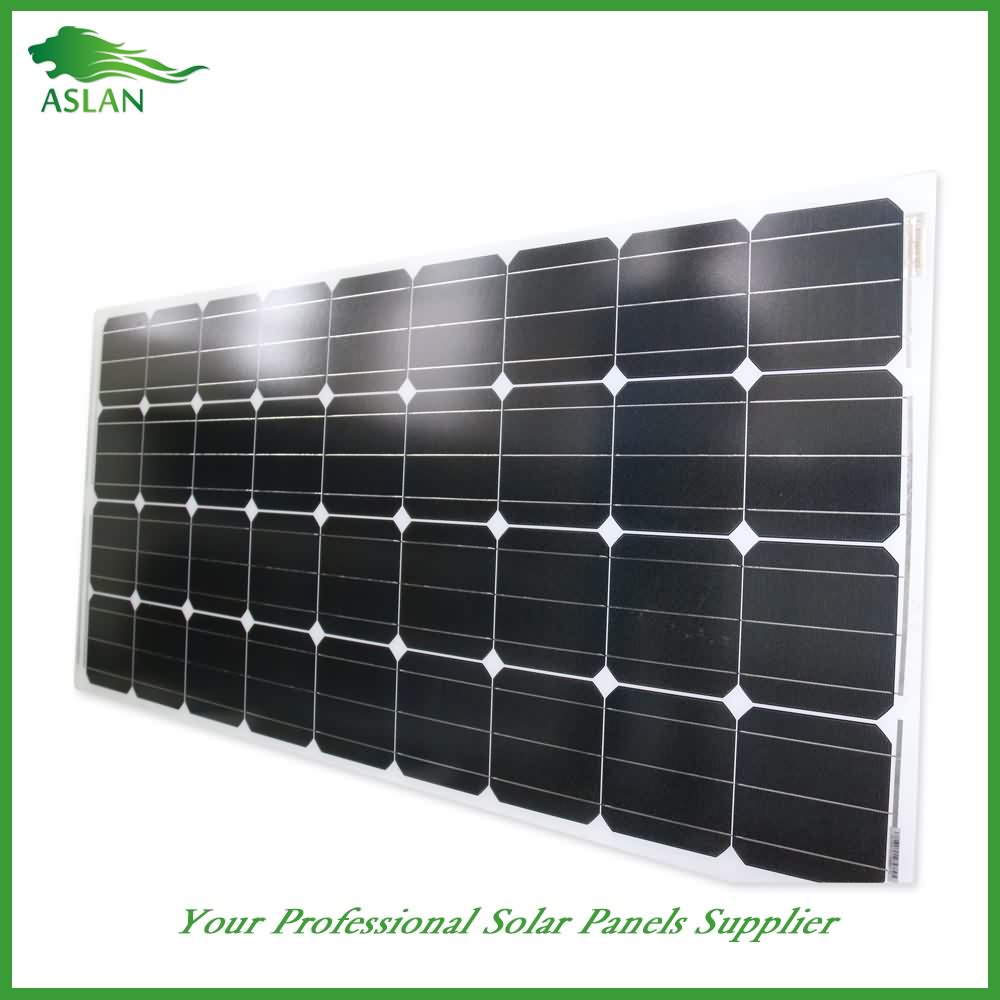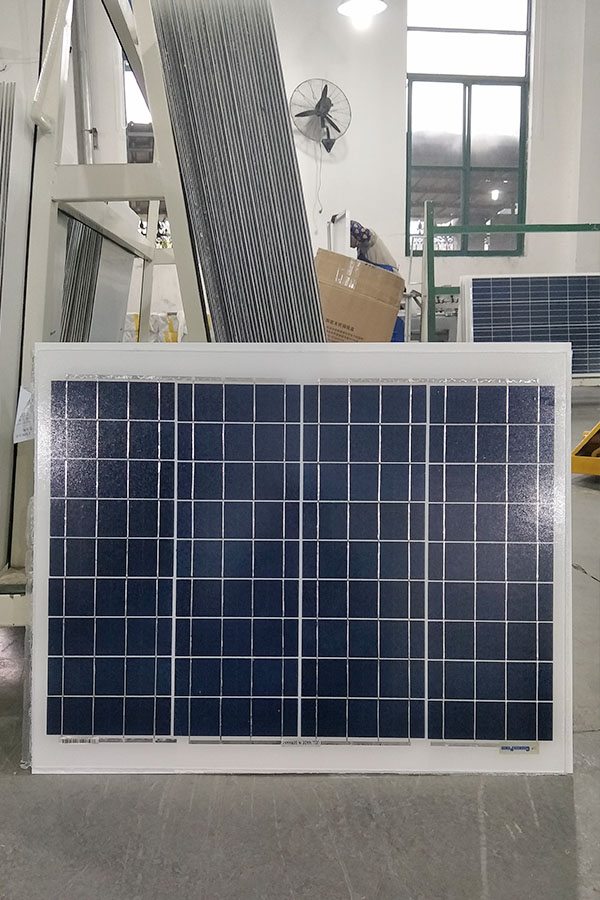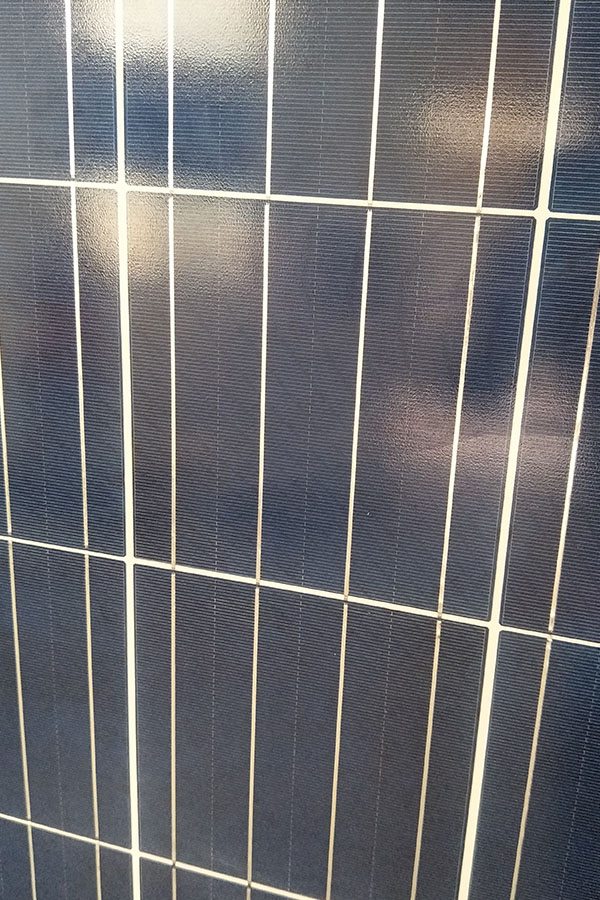Good Wholesale Vendors Mono-Crystalline 10W Solar Panel Factory for Tanzania
Short Description:
Assume full responsibility to meet all demands of our clients; achieve continuous advancements by promoting the growth of our clients; become the final permanent cooperative partner of clients and maximize the interests of clients for Good Wholesale Vendors Mono-Crystalline 10W Solar Panel Factory for Tanzania, We are glad that we are steadily growing with the active and long term support of our satisfied customers !
Mono-Crystalline 10W Solar Panel
Technical parameter
Maximum Power(W) 10W
Optimum Power Voltage(Vmp) 17.56V
Optimum Operating Current(Imp) 0.58A
Open Circuit Voltage(Voc) 21.35V
Short Circuit Current(Isc) 0.64A
Mechanical Characteristics
Cell Type Mono-crystalline 52x35mm
No of Cell 36 (4x9pcs)
Dimensions 250x370x17mm
Weight 1.2Kg
Front Glass 3.5mm,High Transmission, Low Iron,Tempered Glass
Junction box IP65 Rated
Output Cable TUV 1×4.0mm2/UL12AWG,Length:900mm
Temperature and Coefficients
Operating Temperature(°C): -40°C ~ + 85°C
Maximum System Voltage: 600V(UL)/1000V(IEC) DC
Maximum Rated Current Series: 15A
Temperature Coefficients of Pmax: -0.47%
Temperature Coefficients of Voc: -0.389%
Temperature Coefficients of Isc: 0.057%
Nominal Operationg Cell Temperature (NOCT): 47+/-2°C
Materials of solar panel
1).Solar Cell——Mono-crystalline solar cell 52*35mm
2).Front Glass——-3.2mm, high transmission, low iron, tempered glass
3).EVA——-excellent anti-aging EVA
4).TPT——-TPT hot seal made of flame resistance
5).Frame——anodized aluminum profile
6).Junction Box——-IP65 rated, high quality, with diode protection
Superiority: high quality anodized aluminum frame, high efficiency long life, easy installation, strong wind resistance, strong hail resistance.
Features
1. High cell efficiency with quality silicon materials for long term output stability
2. Strictly quality control ensure the stability and reliability, totally 23 QC procedures
3. High transmittance low iron tempered glass with enhanced stiffness and impact resistance
4. Both Poly-crystalline and Mono-crystalline
5. Excellent performance in harsh weather
6. Outstanding electrical performance under high temperature and low irradiance
Quality assurance testing
Thermal cycling test
Thermal shock test
Thermal/Freezing and high humidity cycling test
Electrical isolation test
Hail impact test
Mechanical, wind and twist loading test
Salt mist test
Light and water-exposure test
Moist carbon dioxide/sulphur dioxide
About this Webinar!
Some of the most difficult thermal problems occur in the aerospace industry. These include the thermal design of a spacecraft in Earth orbit or flying to another planet, cooling an aircraft’s high powered avionics, anti-icing on airplane wings and engine nacelles and predicting solar heating loads on missiles or aircraft baking in the sun. This webinar will focus on using the advanced thermal solver Sinda and the model builder Patran to create thermal models to solve the thermal issues typically found in aerospace industries. Topics covered will include using advanced convection correlations for internal, external and natural convection and how to couple these convection correlations to mass flow. Various radiation methods will be demonstrated including the new multiple enclosure method that allows different solvers to be attached to each enclosure. This allows the high speed hemicube radiation methods to be used inside an aircraft, spacecraft or an electronic box where the view factor count may be high while the slower ray tracing Thermica code could be used on the outside where there are fewer view factors and possibly orbital heating. Also included will be modeling techniques to create realistic environmental loads such as solar heating of aircraft or launch exposed to the weather and sun. Finally, advanced features for spacecraft thermal design will be shown, including modeling orbital maneuvers and the complex kinematic motion of parts of the spacecraft such as the solar arrays or instrument doors.
Watch this webinar to …
Learn about the advanced thermal features in Sinda.
See how these tools can be used to solve aerospace applications such as aircraft, missiles and spacecraft thermal design.
Watch a demonstration on how Sinda integrates into Patran to utilize its powerful pre & post-processing capabilities.
Who Should Watch?
CAE Analysts
Engineers who solve thermal problems
Engineering Managers
Following the webinar, you will be able to join in a live Q&A to have your specific questions answered.
WE_SIN_20130327
SunPower solar panels stand up to shade.
